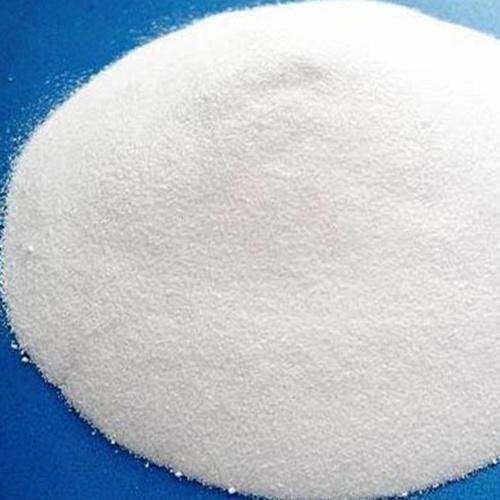Project Report For Zinc Sulphate Manufacturing
Introduction
Project report for Zinc Sulphate Manufacturing is as follows.
Zinc is a mineral. Zinc is essential for growth, development, and tissue health. Zinc sulphate is a sulphur and zinc compound. It is a herbicide used to control moss. The toxicity of zinc sulphate is dependent on the zinc content.
A vital mineral for humans, animals, and plants. Zinc is naturally occurring in food and water. Zinc-based pesticides have been approved for use in the US since 1973.
Zinc sulphate is a white rhombic crystal/powder inorganic chemical. This compound was formerly called white vitriol.
Sample Project Report Of Zinc Sulphate Manufacturing For Bank Loan
Get Completely Custom Bankable Project Report
It is a colourless, crystalline substance. It is aqueous soluble in water, acidic and mildly soluble in ethanol and glycerol.
Hydration phases of zinc sulphate are hygroscopic and efflorescent. Synthetically, it is made by mixing zinc ash with sulfuric acid.
A vital mineral for humans, animals, and plants. In situations of zinc deficiency, zinc sulphate is utilised. It is used to treat zinc deficiency in humans as a dietary supplement.
Zinc sulphate is also used to preserve leather, wood, and skin. It is also used in water purification, mineral separation flotation, bleaching paper, and electro-deposition. Zinc sulphate is also employed in the production of latex, desulfurization, and the pigment lithopone. It is a herbicide used to control moss.

Globally rising zinc deficiency illnesses are driving the market. This tendency is projected to continue. Zinc deficiency causes development retardation, immune system impairment, and appetite loss.
Thus, zinc sulphate is provided as a dietary supplement. It’s in medications. According to the WHO, zinc deficiency causes 16% of lower respiratory infections, 10% of diarrheal disorders, and 18% of malaria worldwide. Also, zinc deficiency causes modest fatalities globally.
Growth in the agricultural and agrochemical sectors will further boost the zinc sulphate market. The World Bank estimates that agriculture will feed 9.7 billion people by 2050. Thus, an increase in the agricultural business is expected to raise agrochemical demand. This will boost the worldwide zinc sulphate market.
Market potential
Expenses

Product Cost Breakup

Reveneue Vs Expenses

Market Trend

According to IMR, the economy would gradually recover from the pandemic-induced slowdown in 2020 to 2021. The next decade is predicted to grow at a CAGR of roughly 6% until 2031.
The zinc sulphate market has shown an exceptional growth over the last decade, with most revenue coming from East Asia. China is now the world’s leading zinc producer, with 1.9 million tonnes produced in 2019. As a result, regional producers have dominated the Chinese market and will continue to do so in the following decade.
Opportunities abound in India, where agrochemicals are widely used. In India, soil zinc deficiency is anticipated to climb to 63 percent by 2025. Currently, over 80% of soils are zinc deficient, affecting food production greatly. Similarly, nearly a quarter of Indians may be zinc deficient. So zinc-based fertiliser use has increased in recent years. Zinc-fortified rice and wheat might save 48,000 children every year.
Demand for raw material for producing latex products, pigment lithopone, desulphurization process, and zinc sulphate is a herbicide generally used for moss control is estimated to drive the global Zinc Sulfate market from 2018 to 2025.
The need for zinc sulphate as a fertiliser additive in agriculture to prevent and repair zinc deficiency in crops, and its use in animal feeds will drive the worldwide zinc sulphate market in the approaching years. Applications of Zinc Sulfate as a dietary supplement to address zinc deficiencies in humans and as a fertiliser and agricultural spray to treat zinc shortages in crops will also drive market expansion.
It is also used for water purification, mineral separation flotation, bleaching paper, and electrodeposition, which will drive the zinc sulphate market.
